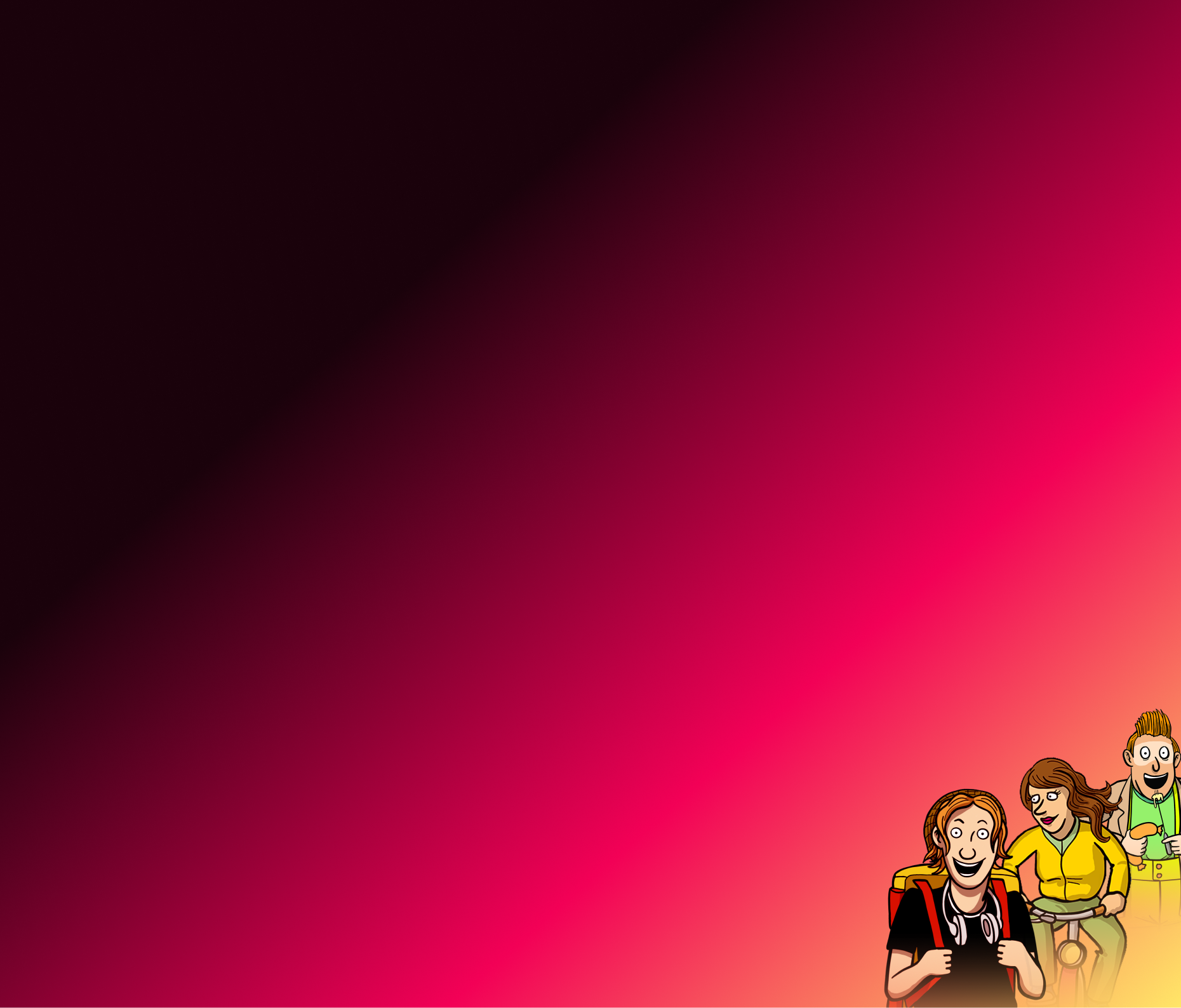Reflexive pronouns – accusative or dative?
Reflexive pronouns (mich, mir, sich, etc.) Reflexivpronomen can be used in the accusative Akkusativ or the dative Dativ. We use reflexive pronouns in the dative when, in addition to the subject, there is another object in the sentence.
- Reflexive pronouns in the accusative (no additional object in the sentence):
Ich wasche mich.
I wash myself.
Sigi rasiert sich.
Sigi is shaving (himself).
Magda zieht sich an.
Magda is getting (herself) dressed.
- Reflexive pronouns in the dative (additional object in the sentence):
Ich wasche mir die Hände. (Objekt = die Hände)
I wash my hands. (additional object = the hands)
Sigi rasiert sich den Bart. (Objekt = der Bart)
Sigi shaves his beard. (additional object = the beard)
Magda zieht sich die Bluse an. (Objekt = die Bluse)
Magda puts the blouse on. (additional object = the blouse)
Note: In a subsidiary clause (after a word like weil, dass, etc.), the reflexive pronoun comes after the subject:
Tim kommt nicht, weil er sich geärgert hat.
Tim is not coming because he’s annoyed (literally: "he has annoyed himself").
Still facing difficulties with 'Reflexive pronouns – accusative or dative?'? Learn and enhance your German grammar through our online German course. Start with a free test and improve today!
What our users say:
Improve your German further and test Wunderbla, online German lessons.

